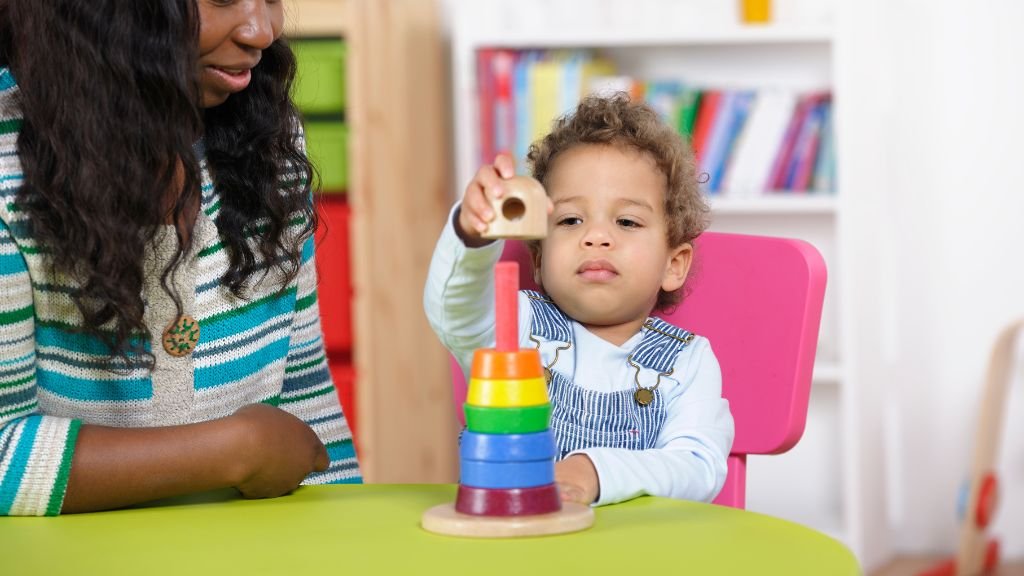For children with developmental challenges such as dyspraxia, everyday routines can sometimes feel overwhelming. However, these same routines also provide valuable opportunities for learning and growth. By turning daily activities into meaningful experiences, parents can support their child’s development, encourage independence, and help build essential life skills.
Understanding Dyspraxia in Daily Life
Dyspraxia, often referred to as developmental coordination disorder, affects a child’s ability to plan and carry out movements. This can impact balance, coordination, motor planning, and even everyday tasks such as dressing, brushing teeth, or writing. While these challenges can create frustration, structured support and consistent practice within family routines can help children overcome difficulties.
Everyday routines are predictable, familiar, and repeated—making them the perfect setting for children with dyspraxia to practise skills in a safe and encouraging environment.
Morning Routines as Skill-Building Moments
The morning rush may feel chaotic, but it offers countless learning opportunities. Activities such as getting dressed, brushing hair, and packing a school bag can help children build fine motor skills, sequencing abilities, and independence.
- Dressing: Encourages motor planning and hand–eye coordination.
- Breakfast preparation: Simple tasks like pouring cereal or spreading toast help improve grip and bilateral coordination.
- Packing bags: Builds memory and organisation skills through routine repetition.
Children with dyspraxia may need extra support at first, but with consistency, these tasks can gradually become more manageable and confidence-building.
Turning Playtime Into Developmental Support
Play is one of the most powerful tools for learning. Movement-based play—such as climbing, jumping, or riding a bike—can help strengthen core muscles, balance, and coordination. Role-play games like “shops” or “restaurants” are equally beneficial, giving kids a chance to practise sequencing, planning, and problem-solving.
For children with coordination difficulties, guided play can be structured so it’s enjoyable while also supporting therapy goals. This turns fun into functional skill development without feeling like work.
Mealtime as a Learning Opportunity
Mealtimes are not just about nutrition—they’re also about practising social skills, motor control, and sensory regulation. Children can be involved in age-appropriate food preparation, setting the table, or pouring drinks.
These activities help children refine fine motor movements while building independence and responsibility. For kids with dyspraxia, the repetitive nature of mealtime routines reinforces both physical and cognitive skills, making each day a chance to learn and grow.
Bedtime Routines for Calming and Regulation
Bedtime routines provide children with stability, predictability, and comfort. Reading stories, brushing teeth, or putting on pyjamas are not only calming but also opportunities to develop sequencing and self-care skills.
For children with coordination challenges, a consistent bedtime routine can also improve emotional regulation and prepare them for a restful night’s sleep—helping them face the next day with more energy and focus.
The Role of Parents in Everyday Learning
Parents play a crucial role in transforming daily routines into learning opportunities. By breaking tasks into smaller, manageable steps and celebrating small achievements, families can create a positive environment that fosters growth. Encouragement, patience, and consistency are key.
It’s also important to recognise that progress may take time. Children with dyspraxia benefit greatly from gentle repetition and structured support. Over time, they develop not only physical skills but also greater confidence and independence.
Final Thought
Everyday routines are far more than chores or tasks—they are building blocks for lifelong skills. By viewing daily moments as opportunities, parents can turn challenges into achievements and empower children with dyspraxia to thrive. Whether it’s getting dressed, sharing a meal, or winding down at bedtime, each routine offers a chance to practise, learn, and grow. With the proper support, even small steps can lead to significant progress.







